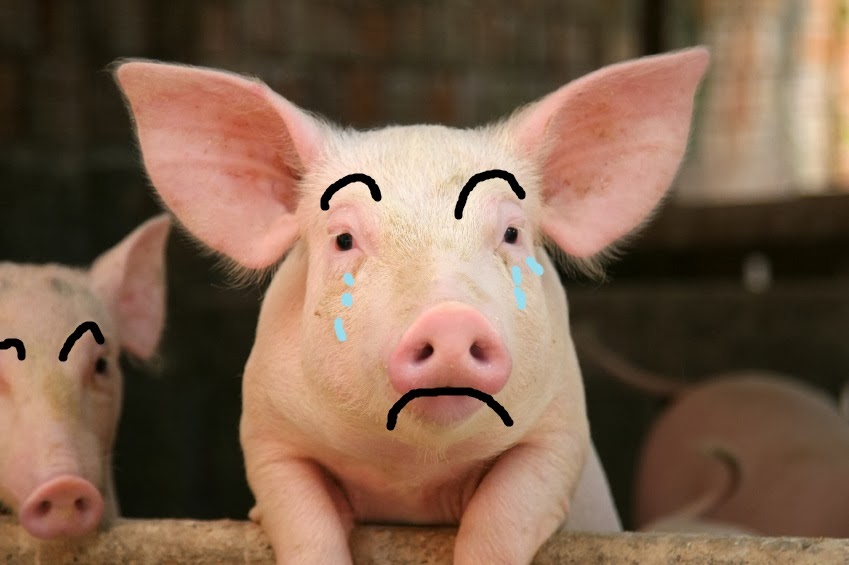Last night I went to Words on Grammar, a prescriptive versus descriptive discussion between David Marsh, Production Editor of the Guardian, and Nevile Martin Gwynne, a tutor and former businessman. Both men have written a book on grammar, 'For Who the Bell Tolls' and 'Gwynne's Grammar', respectively.
It was hosted by Matthew Reisz, Reporter and Features Writer for The Times Higher Education Supplement, who got the night off to an accurate start by introducing the audience to 'Gwynne Nevile'. And then it was over to Nevile, who covered the basics of his approach to grammar. "Mine is a minority position," he said, "but it used to be everyone's".
.JPG) "The better your grammar, the better your thinking, and the better your thinking, the better your decisions are." Nevile's succinct opener perfectly summed up his approach to grammar.
"The better your grammar, the better your thinking, and the better your thinking, the better your decisions are." Nevile's succinct opener perfectly summed up his approach to grammar.He said that civilisation 'depends on grammar', and that grammar is a fixed language. "Words are added here and there but grammar doesn't change. Shakespeare didn't split infinitives or say 'hopefully', and neither do I."
Nevile's take on grammar was both romantic and depressing. Good grammar can save the world, it's just a pity no one is capable of it these days. But I did admire his ardour. Quite a few of his statements got a laugh from the audience, but he said them seriously.
Then David took the stand to tell us about his approach to grammar. "Many people may not know what a reflective pronoun is," he said, "because it's boring." He said that he wrote his book because grammar can be fun.
This pretty much summed up David's approach to grammar, which was a more realistic one. Throughout the night his answers were grounded, whereas Nevile was a bit more nostalgic. If one of them could save the country's grammar, I would have to put my money on David.
Then Nevile spoke about how young people knew their pronouns in his day, and were all capable of writing a well structured essay. He said that David's book 'has a lot of fuzzy thinking', but that his biggest problem was with David's approach to 'hopefully', which proved to be the word of the night. He said that the only way the word can be used correctly is in the format: 'I looked at it hopefully'.
David responded by calling Nevile's approach 'dated'. He said it baffled him as to why people get so wound up about the 'hopefully' debate, and that it makes learning about grammar off-putting. He is, however, a stickler for grammar, especially the apostrophe.
He said that this was his reason for founding International Apostrophe Day - although he said it while laughing, so I'm not actually sure if that was supposed to be a joke. If not, he's definitely gone up in my estimations. But the fact that he laughed as he said it further cemented his approach to grammar as a kind of guilty pleasure. If you're passionate enough to set it up, why can't you say the sentence without looking mildly apologetic?
After responding to a few points David made, Nevile said that there are times when incorrect grammar doesn't matter, but that you need to know good grammar to be able to know this. In other words, learn the rules before you break them. This was probably the most liberal thing he said all night, and I found myself doing that embarrassing thing of nodding along like I was at a gig.
According to Nevile, grammar was abolished in the 1960s and we've been doomed ever since. No longer are people capable of thinking or communicating effectively.
"If grammar was abolished in the 1960s, then how do we have such amazing thinkers today?" asked David. "I think grammar is better now. People complain that the greengrocer doesn't know where to put his apostrophe, well he never did." The man makes sense.
Nevile said that exam standards have collapsed since the 60s. Were people really making better decisions in his day, asked the host, Matthew. "When I was younger there was no such thing as suicide," said Nevile.
Yes, you read that correctly. Unfortunately the authority of Nevile's whole argument was tarnished by his apparent belief that a) there were no suicides in his day, and b) that all suicides can be prevented by better grammar. I'm not sure how he's lived as long as he has without hearing of Sylvia Plath, but there we go.
"I don't have a problem with OMG," said David, bringing some sense back to the debate. "Where do you think RIP came from? It's been done for centuries."
A question or two from the audience mentioned the problems of grammar being dull. "I don't care about that," said Nevile. Grammar being dull, he said, isn't something he cares about, because it can turn someone into the most successful person they're capable of being. A lovely sentiment, and one I agree with. But I can see why Nevile says he's in the minority.
One aspect to the evening that I didn't enjoy was the fact that both men admitted to mistakes in their books - a fact I'm even less fond of hearing since I own them both. The conclusions have drawn from the evening are as follows:
David Marsh is every bit as 'Guardiany' as I expected him to be.
Not to detract from his intelligence, but Nevile Gwynne is adorable.
Even among grammar enthusiasts, the word 'grammar' is always accompanied by the word 'dull'.
David's approach could save the world's grammar problems.
Nevile's approach can't really help us.
Books on grammar have mistakes in them.
Audience members are weird. One man gave an impassioned attack at Nevile for his pronunciation of 'off'.



